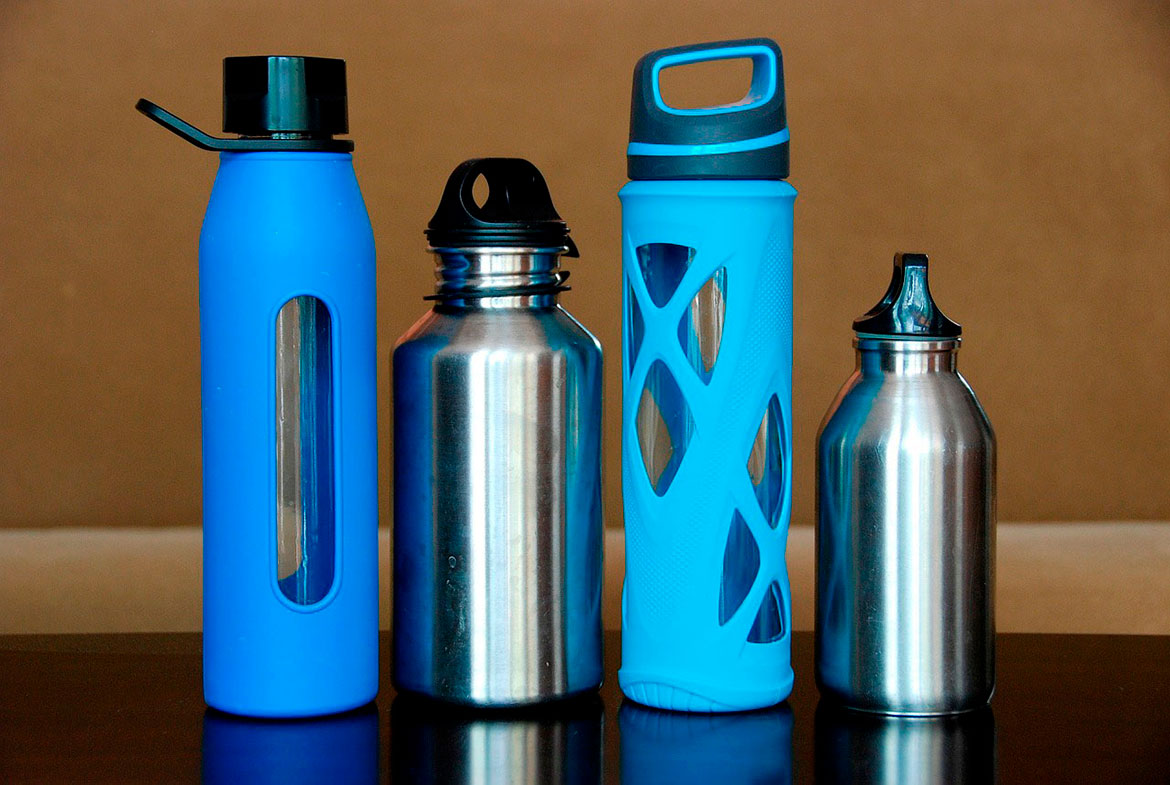Avoid Dehydration When Spending Time Outdoors
When summer comes along, many people spend more time outdoors and while warmer weather means increased outdoor activities, it is also a time to be cautious of dehydration. Water is important to the body all the time but especially in hot weather, as it keeps the body from overheating. When it is hot outside, exercising and other activities cause your muscles to generate heat and to keep from burning up, your body must get rid of the heat. In warm weather, the main way that the body gets rid of heat is through sweat. When sweat evaporates off the skin, it causes the tissues beneath to cool off. Sweating is good as it cools the body but lots of sweat can greatly reduce the water level in your body, which can cause dehydration. Dehydration can be dangerous and if suspected, it is important to seek medical attention immediately.
Staying Hydrated
The American College of Sports Medicine has set average guidelines for avoiding dehydration. According to them, people engaging in activity should drink at least sixteen to twenty ounces of water approximately one to two hours prior to prior to the outdoor activity. Once outside, approximately six to twelve ounces of water should be consumed every fifteen minutes. Once your outdoor activity has concluded, you should drink approximately sixteen to twenty four ounces of water to replace what your body has lost. The easiest way to make sure you are properly hydrated is by checking urine. If your urine is clear or pale, you are hydrated but if it is any darker you need to drink more fluids.
Not all beverages are considered equal when it comes to staying hydrated. Caffeinated beverages such as soda, coffee, and tea should be avoided as they can pull water away from the body and actually contribute to dehydration. When planning light activity, water is the best choice for staying hydrated. If you plan on being in the sun for a few hours or more, some type of sports drink may be a better option as they replace fluids as well as chemicals lost through perspiration. When there are not enough chemicals such as potassium and sodium in the body, it can cause issues such as cramping. While water is fine for taking the kids to the playground or park, sports drinks are more appropriate for long activities such as marathons, or long bouts of exercise.
Fruit juices are also not recommended for staying hydrated during warm weather. They have a tendency to upset the stomach and tend to have too little sodium. In general, water is the best option for staying hydrated during the summer. To make water more enjoyable, consider adding fresh cucumber, limes, or lemons, and store in the refrigerator.
Signs of Dehydration
If you believe that someone is dehydrated, it is important to seek proper medical attention. The best way to stay hydrated is to drink before you are actually thirsty. Thirst is your body's way of telling you that you are becoming dehydrated. If you wait until after you are thirsty to drink something, you are already dehydrated. There can be several different signs of dehydration including heat intolerance, loss of appetite, and fatigue. Signs also include flushed skin, dark colored urine, dizziness or lightheadedness, and a dry cough.
Tips For Avoiding Dehydration
- Carry a water bottle and drink from it regularly, even when you are not thirsty.
- Eat fruits and vegetables which contain varying amounts of water; watermelon is an especially good choice.
- Keep a jug of fresh water in the fridge and encourage the family to drink a glass throughout the day.
- Restrict beverages that can promote dehydration, such as coffee and some types of soda.
- Check the color of your urine to determine if you are properly hydrated. Dark yellow urine means you need to drink more water.
Some additional information on dehydration:
- Proper Hydration and Avoiding Dehydration
- Dehydration and Heat Illness: Protecting Your Child
- Avoiding Dehydration During Sports
- Experts Give Advice on Avoiding Heat Exhaustion, Dehydration
- Keeping Hydrated During the Summer Months
- An Overview of Dehydration
- Water and the Importance of Hydration
- The Danger of Dehydration and Heat Stroke
- First Aid and Safety for Parents: Dehydration
- Playing Outside and Exercise
- Summer Heat Tips: Preventing Dehydration
- Summer Dehydration Can Kill: How to Keep Your Kids Safe
- Summer Safety Tips: Hydration is a Must
Find more about the author: Kim Hart


